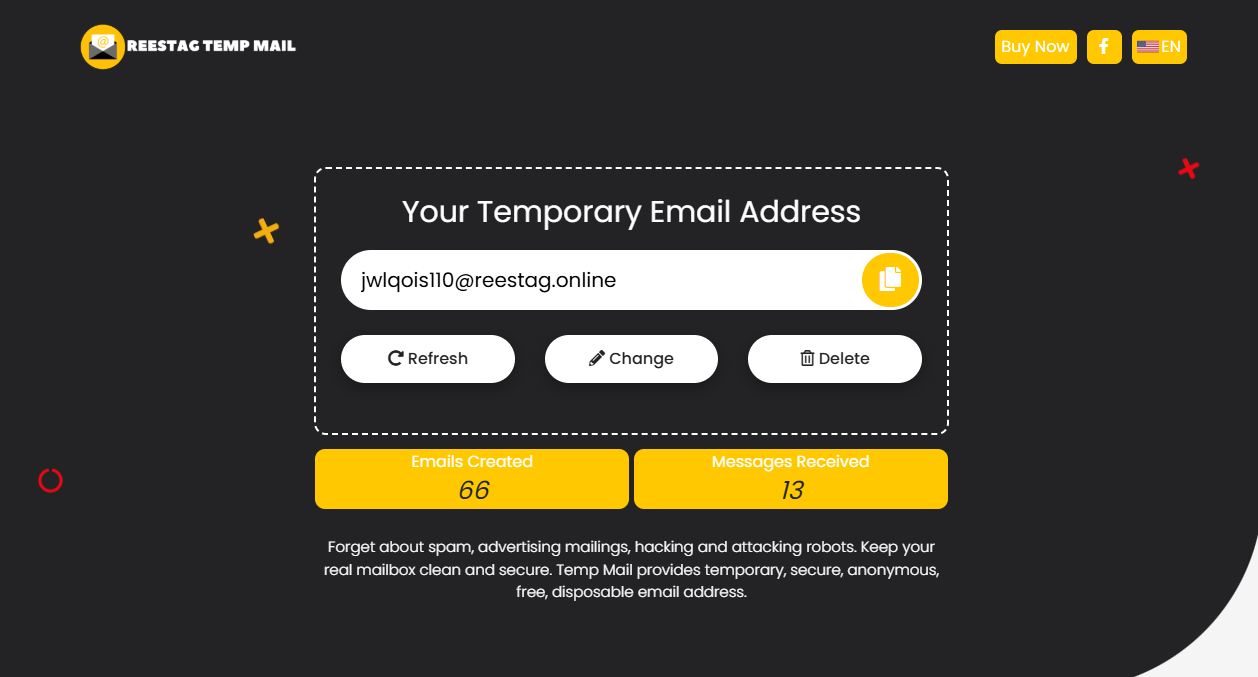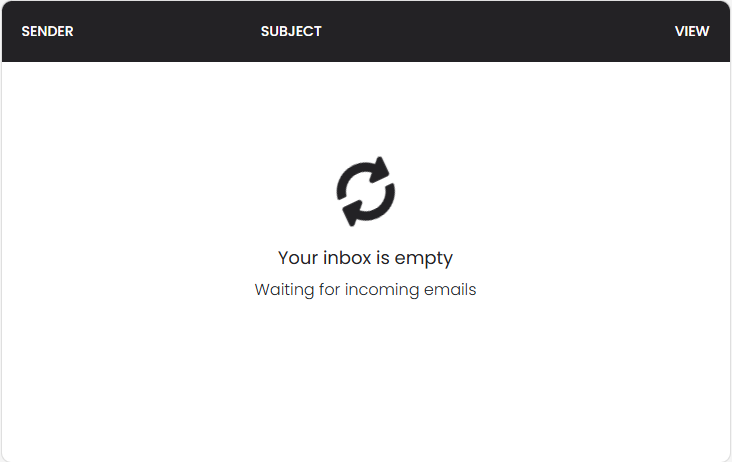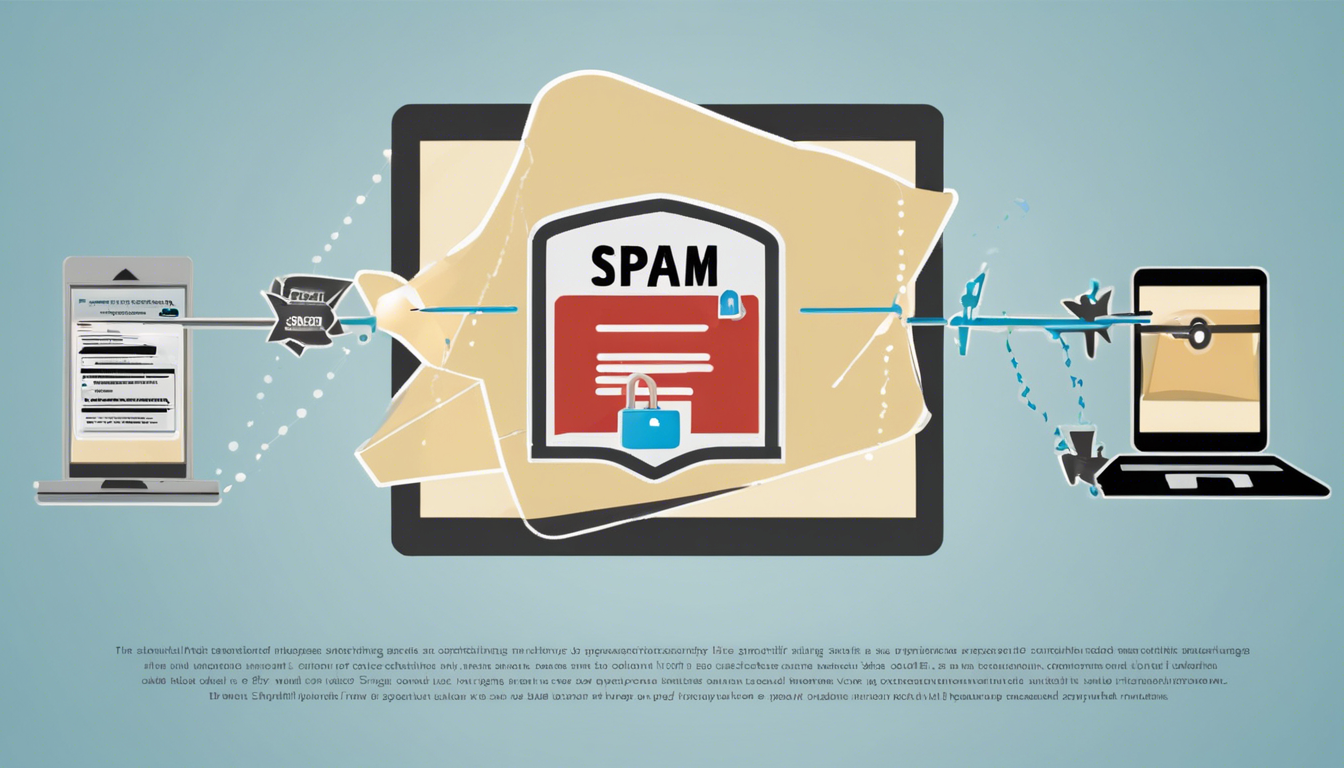Is It Legal to Use Temporary Emails? Myths and Realities
By reestag.online
Introduction
In today’s digital age, privacy has become a top priority for internet users. With the rise of data breaches, spam, and intrusive marketing campaigns, protecting personal information is more important than ever. Temporary emails have emerged as a popular solution, offering users the ability to create disposable email addresses that expire after a short period or once their purpose is served. These addresses are often used for account verification, signing up for newsletters, or accessing one-time services.
However, the temporary nature of these emails has sparked debates about their legality and ethical implications. Are temporary emails legal? Can they be used ethically? In this comprehensive guide, we’ll debunk common myths, explore the legal landscape, and provide practical insights into the responsible use of temporary emails.
Myth 1: “Temporary Emails Are Illegal”
Dispelling the Perception
One of the most widespread misconceptions about temporary emails is that they are illegal. This belief often stems from the association of temporary emails with malicious activities, such as creating fake accounts, conducting fraud, or sending spam. While it’s true that some individuals misuse temporary emails for unethical purposes, the tool itself is not inherently illegal.
The legality of temporary emails depends on how they are used. Just like a knife can be used to cut vegetables or commit a crime, temporary emails are a neutral tool. Using them for privacy protection or legitimate purposes is perfectly legal, while using them for fraudulent activities is not.
Examples of Legal Uses
Temporary emails are widely used for legitimate purposes, including:
-
Registering for forums or websites you don’t plan to use frequently.
-
Receiving verification emails for one-time services or downloads.
-
Accessing free trials without exposing your primary email to marketing campaigns.
-
Protecting your primary inbox from spam and unwanted messages.
In all these cases, temporary emails serve as a practical and legal solution to safeguard your privacy.
Myth 2: “Using Temporary Emails Is Unethical”
Is It Unethical to Use a Temporary Email?
Another common myth is that using temporary emails is unethical. Critics argue that these emails are primarily used to deceive online platforms or bypass rules. While it’s true that some users may misuse temporary emails, the majority of people use them for legitimate reasons.
In today’s digital landscape, sharing your primary email address on every website can lead to a flood of spam, phishing attempts, and even data breaches. Temporary emails provide a way to minimize these risks without compromising your primary inbox.
Moreover, many online platforms explicitly allow or even encourage the use of temporary emails, especially for testing purposes or quick sign-ups. In such cases, there’s no ethical conflict, as the tool is used within the platform’s guidelines.
Legal Framework for Temporary Emails in Different Countries
United States
In the U.S., there are no specific laws regulating the use of temporary emails. Privacy laws, such as the California Consumer Privacy Act (CCPA), focus more on how companies handle consumer data than on the tools consumers use to protect their privacy. Temporary emails are considered a legitimate way to maintain online anonymity and avoid spam.
European Union
The General Data Protection Regulation (GDPR) in the EU emphasizes user privacy and data protection. Temporary emails align with GDPR principles by allowing users to minimize the personal data they share online. In fact, GDPR could be seen as encouraging the use of tools like temporary emails, as they help users exercise their privacy rights.
Latin America
In Latin America, data protection laws vary by country, but there are no restrictions on the use of temporary emails. Countries like Mexico and Argentina have implemented data protection regulations, but these laws don’t limit the use of privacy tools like temporary emails.
Legal Use Cases
While temporary emails are legal in most jurisdictions, there are some exceptions. For example, government institutions or financial services may require verifiable email addresses tied to a user’s identity. However, for most online platforms, temporary emails are a legal and practical solution.
Legal and Useful Cases for Temporary Emails
1. Protecting Your Primary Inbox
One of the most common and legal uses for temporary emails is protecting your primary inbox from spam. Many websites and services share or sell user data to third parties, leading to unwanted marketing emails. Temporary emails allow you to sign up for these services without exposing your primary email address.
2. Software Testing
Developers and testers often use temporary emails to register for new services or platforms without sharing personal information. This practice is not only legal but also recommended for maintaining privacy during the testing phase.
3. Maintaining Privacy on Forums or Social Media
Forums and social media platforms often require an email address for registration. Using a temporary email allows you to participate in discussions or share content without revealing your personal information.
4. Temporary Uses
Temporary emails are ideal for situations where an email address is only needed briefly. For example, if you need to download a file or sign up for an event, a temporary email is a convenient and legal solution.
Conclusion
Using temporary emails is both legal and ethical when done responsibly. These tools are designed to protect your privacy, reduce spam, and minimize the risk of data breaches. While some individuals may misuse temporary emails for malicious purposes, this doesn’t make the tool itself illegal or unethical.
In the U.S., the EU, and Latin America, there are no laws prohibiting the use of temporary emails. On the contrary, these tools align with data protection regulations that aim to safeguard user privacy.
If you’re looking to protect your inbox from spam, maintain privacy on forums or social media, or avoid sharing personal information unnecessarily, temporary emails are an excellent option. For a reliable temporary email service, visit reestag.online and experience the benefits of this valuable privacy tool.
Site Icon
Protect your privacy and stay spam-free with temporary emails. Try reestag.online today!



